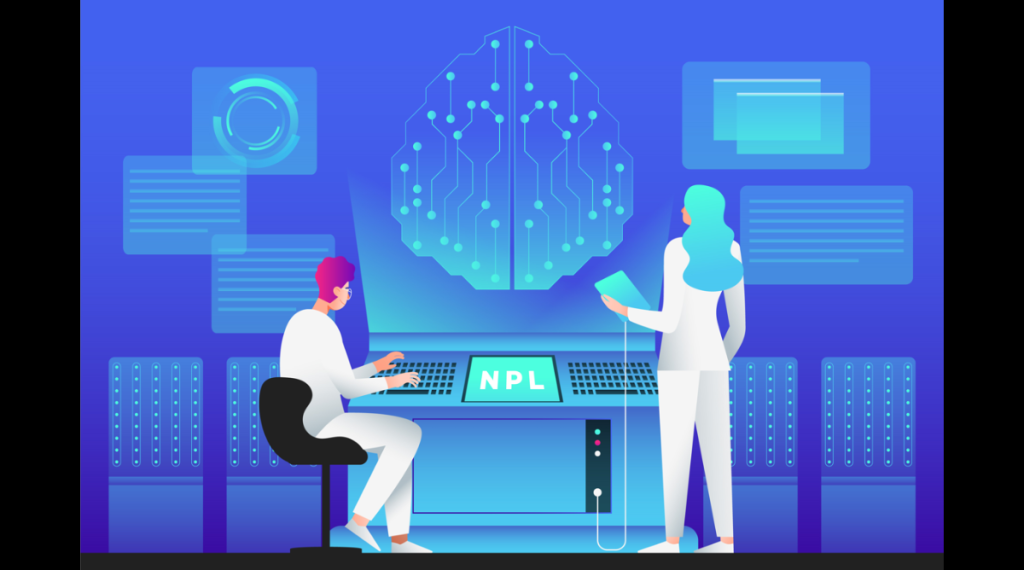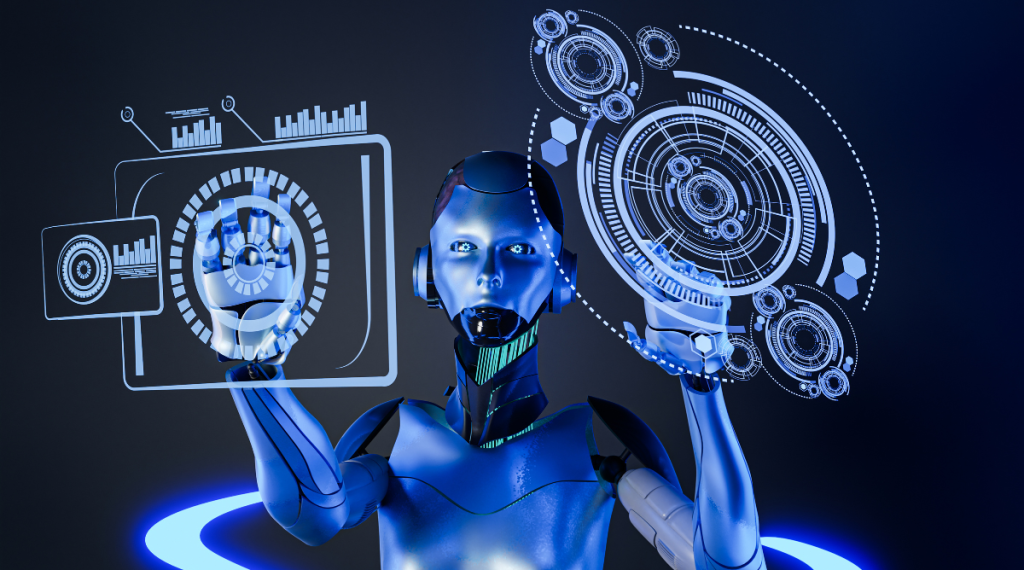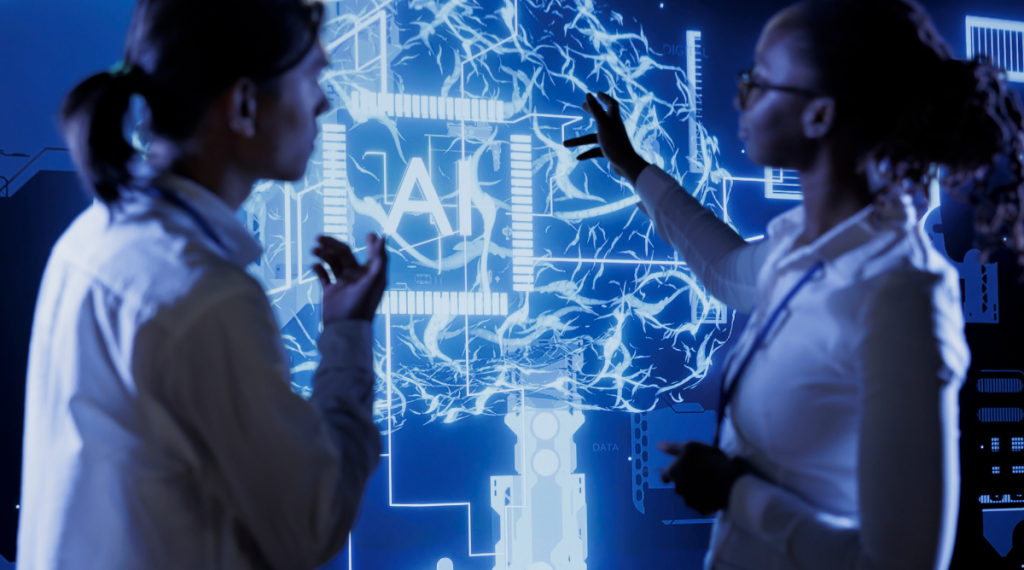Artificial intelligence (AI) is quickly and drastically changing industries and modern technology. It is a capability related to learning, problem solving and decision making, the same skills that a human being possesses for instance. In today’s world, artificial intelligence, a modern approach is modern era technology that is defining the way we use technology and in a sense defining the way we connect.
Understanding Artificial Intelligence in Modern Context
Artificial intelligence, a modern approach is all about generation of algorithms and computation models to design systems capable of comprehending the inputs. AI systems on the other hand differ from conventional software in that they are developed to learn from data and the quality of their performance will always be increasing. This capacity to change makes AI incredibly beneficial in many ways and across many industries, including healthcare and finance.
How AI Enhances Technology and Innovation
A modern approach’s most telling effects are in the sphere of Technology to bring about innovation. For example, tools have been developed that allow businesses to run more efficiently, and with less probability of mistakes. In healthcare, AI algorithms empower itself to analyze medical data in order to fast and accurately diagnose. Likewise in finance, AI systems learn patterns of fraudulent activities and also perform repetitive tasks and enhance the level of security and speed.

Key Areas Where AI is Making a Difference
Artificial intelligence a modern approach is making notable contributions across several key areas
Healthcare: AI has emerged as a game changer in healthcare by providing early warning systems for disease, tailored treatments, as well as diagnosis.
Transportation: AI plays the role in developing more autonomous vehicles which can be safer and more efficient on the motorways.
Finance: AI greatly contributes to trading strategies in finance, risk management and helps to automate many time-consuming processes.
Education: The usages of AI include custom learning and testing based on learners’ learning abilities as well as improving administration in educational institutions.
Challenges of Adopting AI in Modern Technology
It is, therefore, important to note that these are the advantages of artificial intelligence, a modern approach despite the fact that there are some challenges that need to be overcome by organizations. Data privacy and security are some of the critical issues of concern that have been brought about by the use of big data solutions. As is common knowledge, in most cases, AI systems are data-intensive, so protecting the data from hacks and misuse is paramount. Further, there is a difficulty of blending AI into current tools and processes – this gets problematic and challenging.

Future Trends in AI and Technology
As for the outlook, one can conclude that the future artificial intelligence and a modern approach is rather prospective. Unguided users of the technological solutions may encounter the following heuristic innovations in the near future: In the same way, enhancement in the area of AI ethics and laws will impact on how this technology is framed and applied. This ongoing evolution of AI will lead to new opportunities for industries and people, and to new forms of advancement. In order to get more info, visit here and get aware of the reasons proving artificial intelligence a modern approach.
What is artificial intelligence (AI)?
AI is the opportunity of an instrument to implement the ability that is identified as intelligence in man. Machine learning is about applying algorithms and data in order that machines can learn from experience and accomplish tasks that previously required human intervention.
In what way does AI affect the current technological advancement?
Being a subfield of computer science, AI influences the present day technology by improving its productivity, precision and creativity. It streamlines chores, gives analytic findings from data, and fuels innovations in different fields such as medicine, finance, and transport.
How does AI impact modern technology?
Artificial intelligence is integrated into several features in people’s daily lives such as voice assistants, content suggestions on media apps, and targeted advertisement. It also finds application in the development of smart homes and self-driven cars and other automobile technology.
What are some applications of AI in everyday life?
The major issues that are being linked to the utilization of AI are issues of privacy and security of data, issues of ethical nature and issues of compatibility of the AI systems with the existing systems. It will be equally important to make sure that the AI technologies in use provide responsible and transparent usages.
What are the main challenges associated with AI?
Future trends in artificial intelligence technology include the one in explainable artificial intelligence where attempts are made to make the decision-making process of the machines more transparent and the one in the establishment of ethical practices and legal frameworks of artificial intelligence. Other trends are the AI’s advancement in healthcare, automation systems, and individualized education.

Conclusion
Artificial intelligence, a modern approach, is now redesigning a variety of technologies and innovations. Thanks to AI technologies, companies and segments of the economy are obtaining higher results in terms of productivity, effectiveness and innovation. Of course there are continuities, but the constant progress of Artificial intelligence shows that the future innovations and experience of interacting with technologies is still ahead. In the case of AI, technology has come along way and is set to become even more influential in current trends in technological and innovative advancement.

